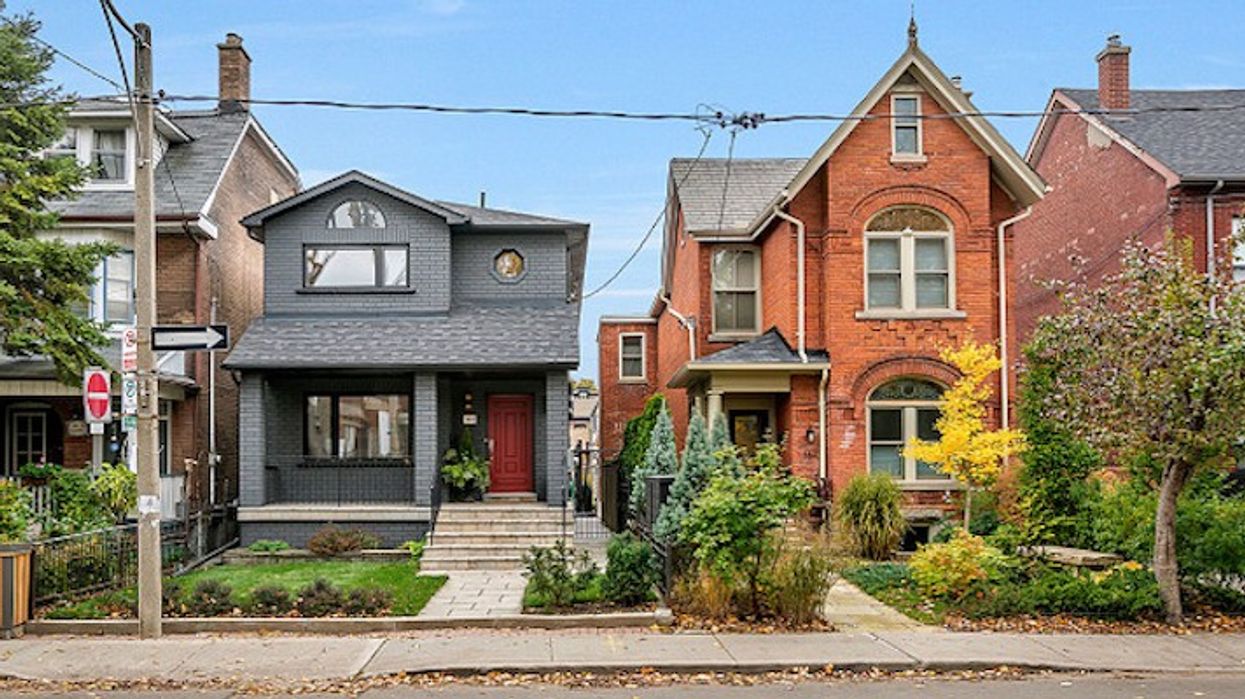Several Canadian economists say they don't believe the Canadian property market will fall as far as what was initially forecast this year in regards to the Canadian Mortgage and Housing Corporation's (CMHC) previous property forecast for a 9-18% price drop.
The findings are from a new report from Finder.com that includes results from a recent survey that features forecasts from 15 Canadian economists.
The report was released ahead of the Bank of Canada’s latest policy rate decision, to which, a majority of the economists said they believe it will hold at the current interest rate until at least 2023.
READ: RE/MAX Claims CMHC is ‘Fear-Mongering’ in Housing Market Forecast
According to the survey, despite some of the dire predictions set forth earlier this year by the CMHC, half of the panel said the Canadian property market might not fall as far as expected. In fact, half the panel says that the CMHC forecast that Canadian house prices will fall up to 18% this recession is "no longer relevant."
In a recent press conference, CMHC’s Chief Economist, Bob Dugan, told reporters that the agency stands by the original forecast it made in May that warned of a decline in Canadian house prices between nine and 18% — a forecast that RE/MAX has previously referred to as “fear-mongering.”
In the report, Dominion Lending Centres chief economist Sherry Cooper explained that the average home prices nationwide were up by 1.5% at the latest reading in August, cautioning that the CMHC is "overly pessimistic."
Central 1 chief economist Helmut Pastrick agreed and said that prices are "actually on the rise" and that record-low mortgage rates will continue to drive sales and prices higher.
That’s in line with the average price forecast across 10 cities over the next six months, with the seven panellists who answered the question forecasting an average increase of 3%. There isn’t much variance between markets, with each city included in the survey expected to see property prices increase by an average of 2-3%.
However, there were some economists who agreed with CMHC's forecast, with around a third of the panel (33%) on board with a market drop of 9-18%.
Tony Stillo, who agrees with the CMHC, admitted that the property market has been resilient, but he still expects a "modest retreat in housing activity later this year and through mid-2021."
“This reflects historic loss of income, job insecurity, virus fear and uncertainty, stricter CMHC lending rules, an effective pause on immigration, an exodus out of high-density urban markets, low tourist and foreign student demand for Airbnbs, and end of mortgage deferrals by banks," said Stillo.
"These factors may force many homeowners – particularly highly leveraged households and investors – to quickly sell their homes.”
C.G. Consulting Group chief economist Carl Gomez noted that "large fundamental imbalances in the various housing markets across the country still exist."
“After a wave of pent up demand and low-interest rates caused a strong bounce back in summer activity, these fundamental factors are likely to start weighing on the market (without the offsetting support of even lower rates and increased government support, or, for that matter, stronger population growth),” said Gomez.
Locally, Toronto has consistently seen housing prices rise throughout the pandemic. In TRREB's latest data from September, 11,083 existing homes were sold in the Toronto-area at an average price of $960,772 — up by 14% year-over-year.





















